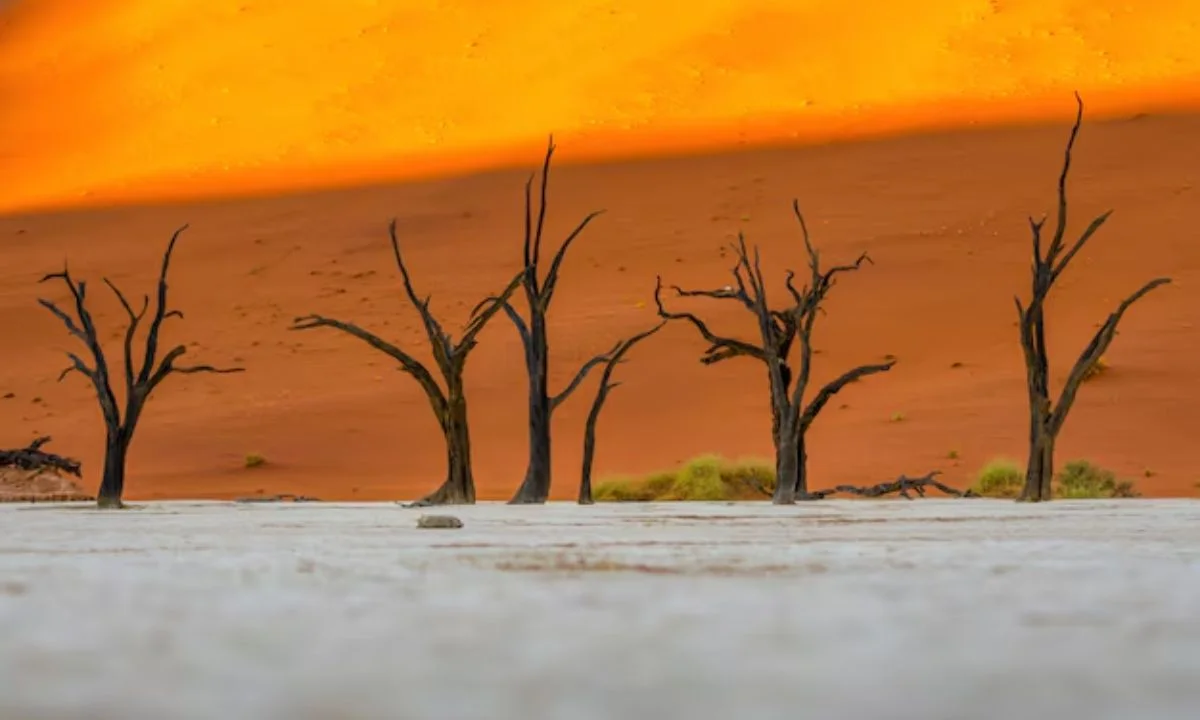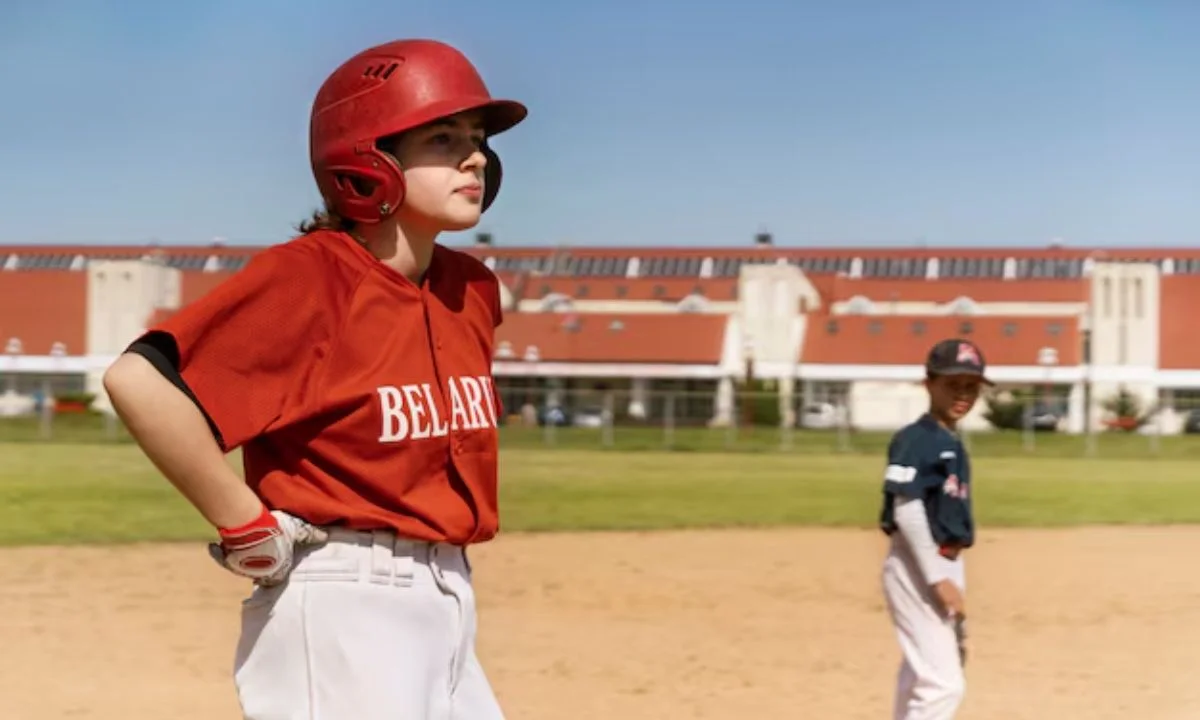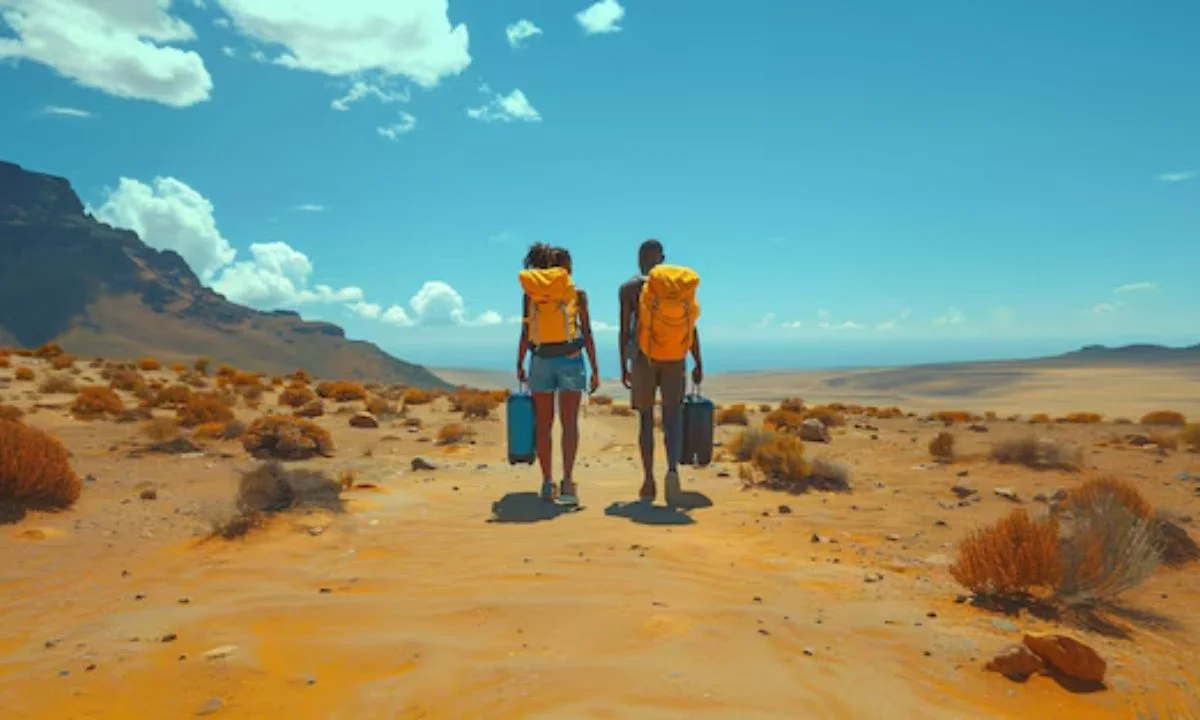The savanna in Africa is one of the most iconic landscapes in the world. Stretching across countries like Kenya, Tanzania, and South Africa, it is renowned for its breathtaking scenery, diverse wildlife, and unique ecosystems. While tourism in the savanna offers countless opportunities for adventure and exploration, it can also have negative effects. In this article, we will discuss why savanna in Africa tourism can be bad because it impacts the environment, wildlife, local communities, and cultural heritage.
Understanding the Savanna Ecosystem
Before diving into the issues surrounding tourism in the African savanna, it’s important to understand what a savanna is. The savanna is characterized by a mix of grasslands and scattered trees, creating a unique habitat for various species. Savanna in Africa Tourism Can Be Bad Because This ecosystem supports a rich diversity of wildlife, including elephants, lions, giraffes, and zebras. The savanna plays a crucial role in the overall health of the environment and the livelihoods of many local communities.
Environmental Impact of Tourism
1. Habitat Destruction
One of the most significant concerns regarding tourism in the savanna is habitat destruction. To accommodate tourists, infrastructure such as hotels, roads, and visitor centers are often built. This construction leads to the clearing of vegetation and disruption of natural habitats. As a result, wildlife may lose their homes and struggle to survive.
Savanna in Africa Tourism Can Be Bad Because the increase in human activity can lead to soil erosion, affecting the delicate balance of the ecosystem. When vegetation is removed, the soil becomes more susceptible to erosion, leading to the loss of fertile land.
Must read Can I Run a GL.iNet Travel Router Continuously for 365 Days?
2. Pollution
Tourism can also contribute to pollution in the savanna. Increased traffic from tourist vehicles leads to air and noise pollution, which can disturb wildlife. Additionally, waste generated by tourists, such as plastic bottles and food wrappers, can litter the landscape. This pollution not only affects the beauty of the savanna but can also harm wildlife that may ingest or become entangled in discarded materials.
3. Water Scarcity
In many parts of the Savanna in Africa Tourism Can Be Bad Because, water sources are limited. Tourism can exacerbate this issue by increasing the demand for water in hotels and camps. This demand can lead to the depletion of local water resources, affecting both wildlife and local communities that rely on these sources for drinking water and agriculture.
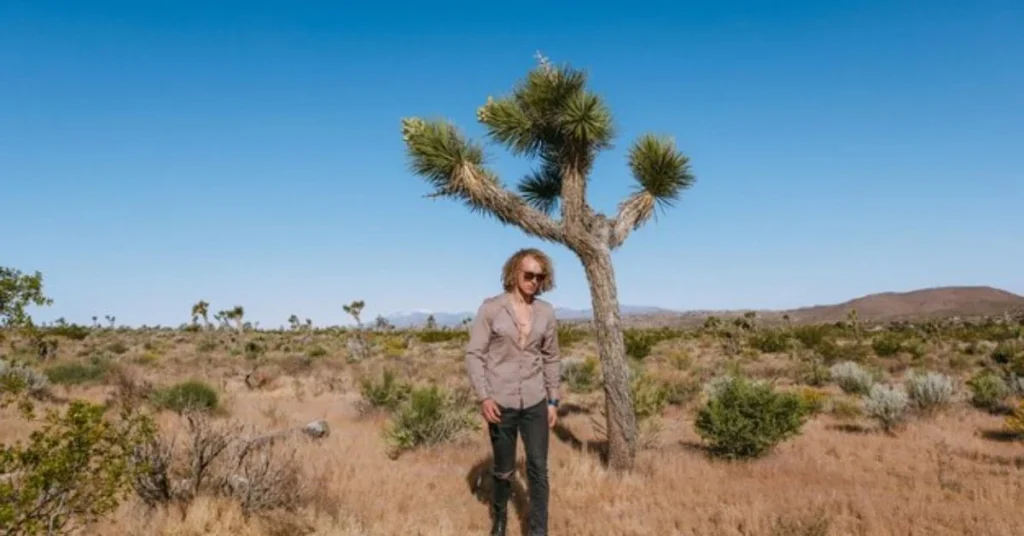
Furthermore, the introduction of swimming pools and other water-intensive facilities in tourist areas can strain already scarce resources.
Wildlife Disturbances
1. Stress on Animal Populations
Wildlife is one of the main attractions for tourists in the savanna. However, the presence of tourists can cause stress to animal populations. For instance, safari vehicles often approach animals closely to give tourists a better view. This can lead to disruptions in natural behaviors, such as feeding and mating.
Savanna in Africa Tourism Can Be Bad Because Animals may become habituated to human presence, which can negatively affect their instincts and survival skills. Consequently, they may become more vulnerable to poaching and other threats.
2. Human-Wildlife Conflict
As tourism expands, the boundaries between human settlements and wildlife habitats often blur. This encroachment can lead to human-wildlife conflicts, where animals wander into agricultural lands or towns in search of food. Such conflicts can result in property damage, injury, or even death for both humans and animals.
For instance, elephants may raid crops, leading to frustration and retaliation from local farmers. This tension can create a cycle of violence that endangers wildlife and disrupts the balance of the ecosystem.
Socio-Economic Effects on Local Communities
1. Economic Disparities
While tourism can bring economic benefits, it often does not reach the local communities in a fair manner. Many tourism companies are foreign-owned, and profits frequently leave the region rather than supporting local economies. This economic disparity can exacerbate poverty and inequality among local residents.
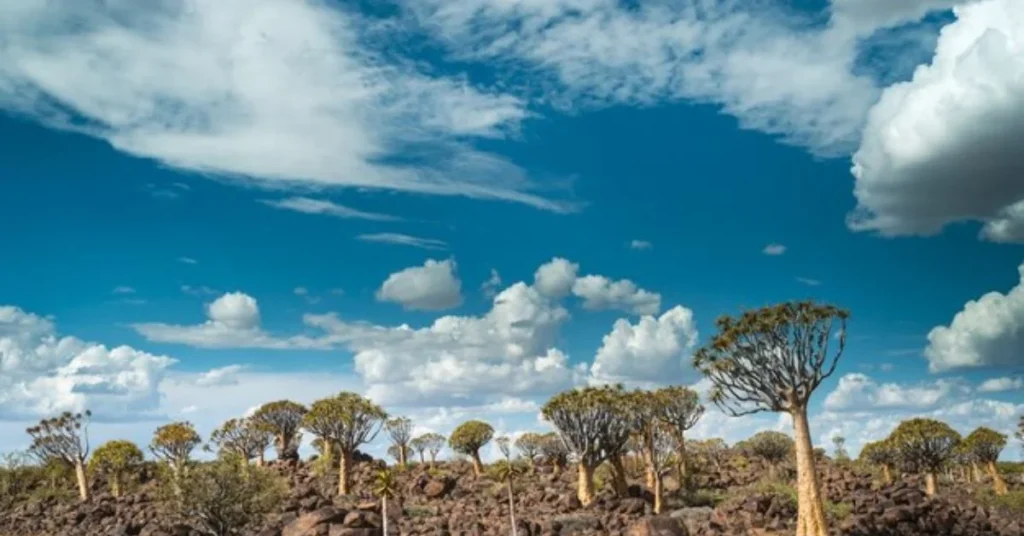
Additionally, the cost of living in tourist areas may rise, making it difficult for locals to afford basic necessities. This can lead to resentment among community members who feel they are not benefiting from the resources that attract tourists.
2. Cultural Erosion
As tourism increases, local cultures and traditions may face pressure to change or adapt to meet the expectations of visitors. Traditional practices may be commercialized, leading to a loss of authenticity.
For example, local tribes may feel compelled to alter their customs to provide entertainment for tourists, diluting their cultural heritage. This erosion of culture can have lasting effects on community identity and pride.
The Role of Conservation
1. Balancing Tourism and Conservation
It is essential to strike a balance between tourism and conservation in the savanna. While tourism can provide funding for conservation efforts, it must be managed responsibly to minimize its negative impact. Sustainable tourism practices should be implemented to ensure that wildlife habitats are preserved and local communities are supported.
2. Community Involvement
Engaging local communities in tourism initiatives is vital for promoting responsible practices. When locals are involved, they are more likely to prioritize conservation and protect their environment. Community-based tourism programs can empower residents and create a sense of ownership over their natural resources.
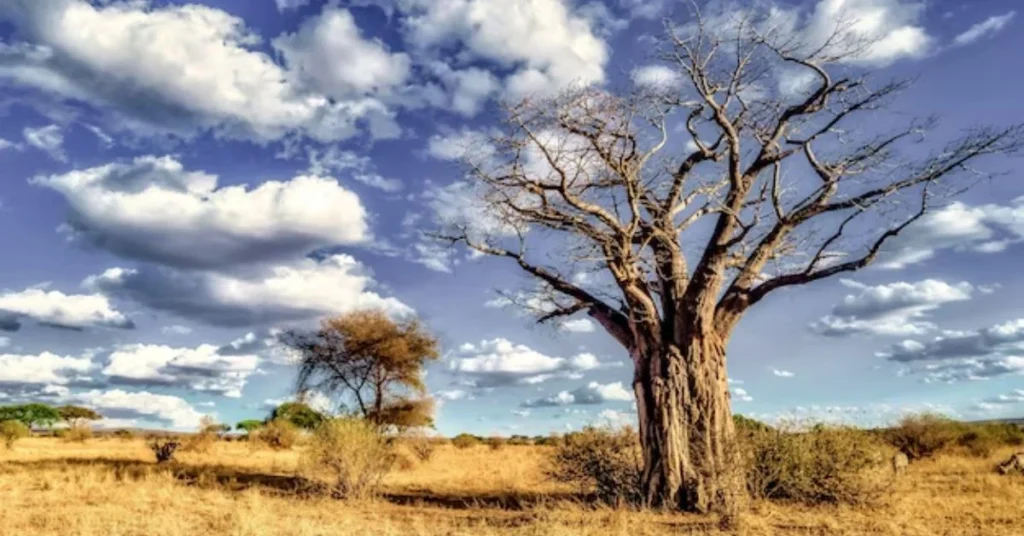
Conclusion
In conclusion, while tourism in the savanna in Africa can offer incredible experiences and opportunities for adventure, it is crucial to recognize the potential negative impacts. Savanna in Africa tourism can be bad because it threatens wildlife, disrupts ecosystems, and affects local communities.To ensure that the Savanna in Africa Tourism Can Be Bad Because it remains a thriving environment for both people and wildlife, it is essential to promote responsible tourism practices.
By balancing tourism with conservation efforts and supporting local communities, we can protect this iconic landscape for generations to come. For more information on sustainable tourism practices, consider exploring resources from organizations like World Wildlife Fund.
FAQs About Savanna in Africa Tourism Can Be Bad Because
What are the negative impacts of tourism in the savanna?
Tourism can lead to habitat destruction, pollution, wildlife disturbances, economic disparities, and cultural erosion.
How does tourism affect wildlife in the savanna?
Tourism can stress animal populations, disrupt natural behaviors, and increase human-wildlife conflicts.
What can be done to promote responsible tourism in the savanna?
Implementing sustainable tourism practices, engaging local communities, and supporting conservation initiatives can help mitigate negative impacts.
Are there any benefits to tourism in the savanna?
Yes, tourism can provide funding for conservation efforts and support local economies if managed responsibly.
How can tourists minimize their impact on the savanna?
Tourists can minimize their impact by following guidelines, respecting wildlife, and supporting eco-friendly businesses.

